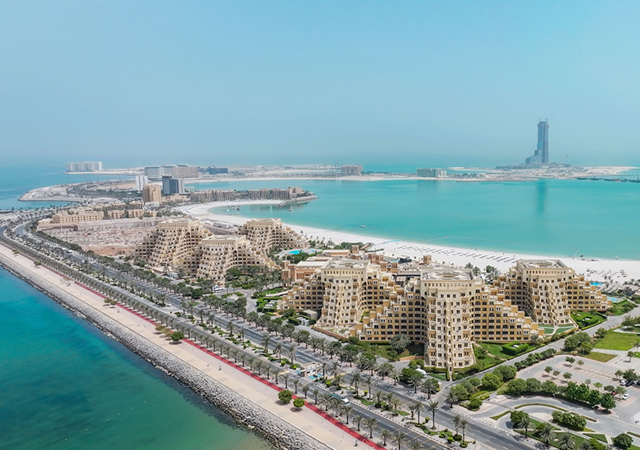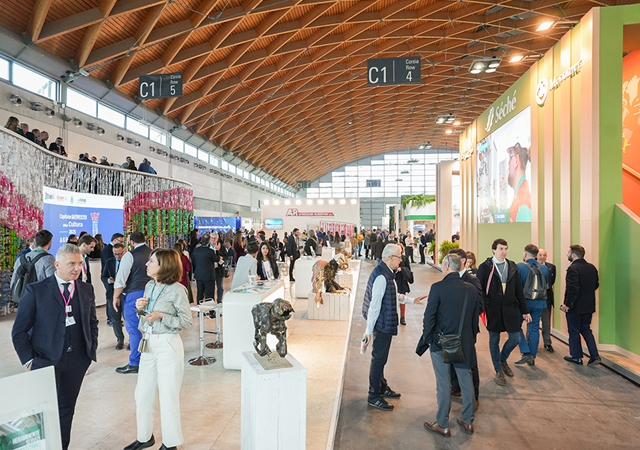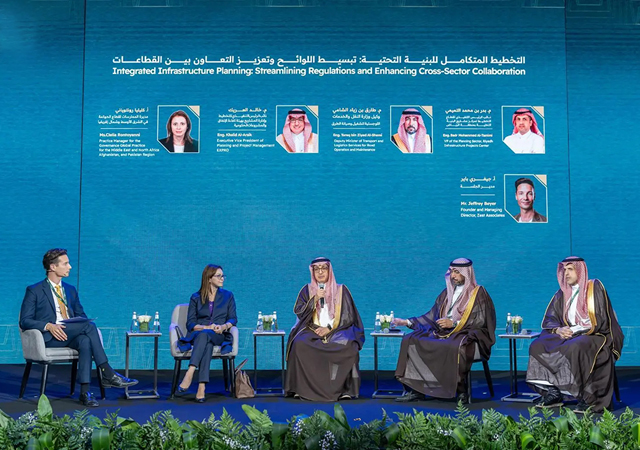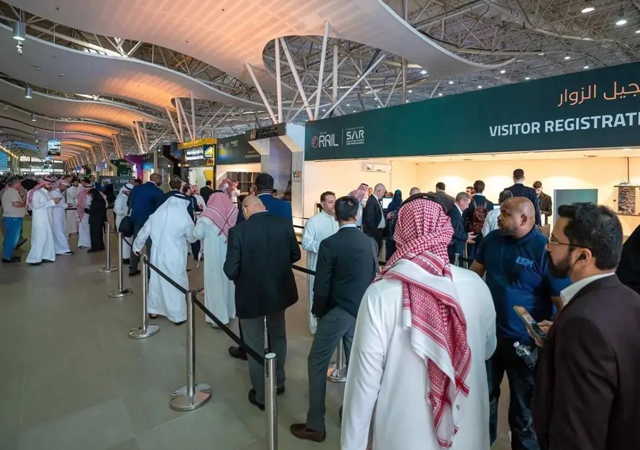
 Grove RT770E ... “strong expectations”.
Grove RT770E ... “strong expectations”.
A BUSINESS strategy focused on differentiating its products, delivering what the market and the specific application require, and delivering prompt after-sales support services to its customers has enabled Manitowoc to entrench itself in the regional market – a market it has been serving for well over four decades.
Having secured an “excellent market share” for its flagship products, namely Potain tower cranes and Grove rough-terrain cranes, Manitowoc is looking forward to making further inroads into the all-terrain mobile crane market, according to David Semple, vice-president of sales Middle East and Africa for Manitowoc Cranes Middle East, the fully-owned regional subsidiary of the company.
Founded in 1902, the Manitowoc Company is recognised globally as one of the premier innovators and providers of crawler, tower and mobile cranes for the heavy construction industry, which are complemented by a slate of industry-leading product support services. The company acquired the France-based Potain brand, a leader in the tower cranes market in 2001, followed by the US’ Grove in 2002.
Manitowoc decided to boost its operations in the booming Gulf market with a fully-owned subsidiary in the UAE in 2005. Surging demand for its products and services prompted the company to set up its purpose-built premises in Jebel Ali Free Zone in 2007 – a move which has earned it rich dividends.
“The objective behind this move was to provide closer support to our network of dealers in the region, including Kanoo Machinery for Grove cranes and NFT for Potain,” says Semple. “Our dealership network covers 20 countries including the GCC states as well as Jordan, Syria, Turkey, Yemen and Turkmenistan, among others. The sophistication of our dealers depends on the maturity of the market with some dealers operating full-fledged service workshops.”
“Manitowoc designs and builds cranes and the role of the Middle East subsidiary is to support our dealers – and not sell directly to the market,” he adds.
Through its dealer partnerships, Manitowoc has one of the broadest sales networks for lifting equipment in the Middle East. This dealer network also helps deliver Manitowoc Crane Care’s wide range of services. Manitowoc Crane Care operations provide customers with on-site after-sales services, spare parts distribution, training and technical documents, and refurbishment services. The company’s Dubai facility, which is home to an 800-sq-m warehouse and workshop, provides full crane refurbishment services.
Commenting on the company’s performance in the region, Semple says: “Manitowoc performed extremely well with its UAE operation. The Middle East has emerged as a strategic market for Manitowoc, and we have seen our business grow in the Emirates from a few tens of units sold per year to a few hundreds in the 2004-2008 period, reaching a peak of 500 machines sold to the UAE alone.”
He says that what differentiates Manitowoc from its competitors in the market is the fact that it has wide experience in supplying to the Middle East and knows what it takes to make its cranes suitable to the local environment. The company can offer products that are tailor-made to suit the requirements of the Middle East, including features such as air-conditioners for the cabs, tropicallised engines and superior oil filters to cope with the dusty environment. Also, cranes used in the oilfields can come fitted with engine shutdown valves. In addition, it caters to the varying budgets of its clients; for instance, Manitowoc offers two options of its Potain cranes – the standard unit manufactured in China or the premium brand from France.
The company also accords high priority to the after-sales market, ensuring prompt delivery of spare parts and services. In addition, it has a training centre in Dubai, which receives a constant inflow of technicians.
The company, which has established a niche in the tower and mobile cranes market, is eager to enhance its business in the all-terrain cranes market.
“We have recently secured a major order from Johnson Arabia, a mobile crane and aerial work platform hire company headquartered in the UAE, for all-terrains,” he says.
“We also have close ties with equipment hiring firms such as Al Faris, Al Jaber Heavy Lift and Equipment, Gallagher and Masters Crane, among others,” he adds.
Semple points out that the equipment rental business is a growing market, with more and more contractors looking at subcontracting their equipment requirements.
Commenting on the Dubai market, he says: “Clearly there is a buzz in the market with a number of project announcements such as Shaikh Mohammed bin Rashid City late last year. We hope to see work restart on many projects. However, as of now, we have not seen a tangible increase in our tower crane business, although the mobile cranes segment has seen growth particularly from the rental market.”
Semple attributes this to the fact that tower cranes have a long life-span and there is already a significant fleet of such cranes lying idle in the market. Mobile cranes, on the other hand, wear out much faster and would need to be replaced – typically after seven to 12 years, he says.
Among the new products that Manitowoc is looking at launching on the market is the Grove RT770E, which is being unveiled this month (April 15 to 21) at bauma, an international trade fair for construction machinery, building material machines, mining machines, construction vehicles and construction equipment, in Munich, Germany.
“We have very strong expectations for the RT770E which was basically designed using feedback from the Middle East market. Our clients were seeking longer booms and this model addresses this requirement,” he says.



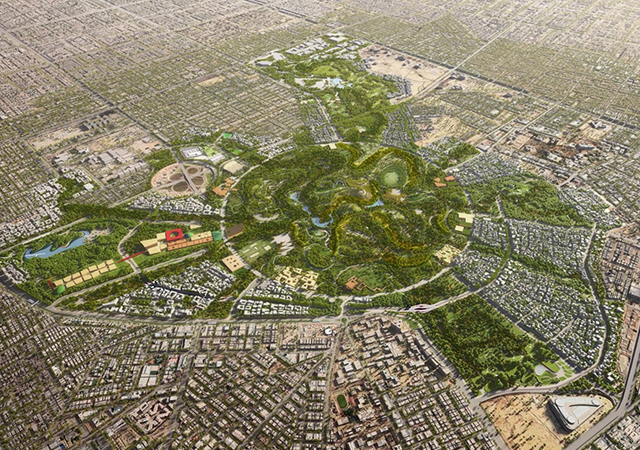
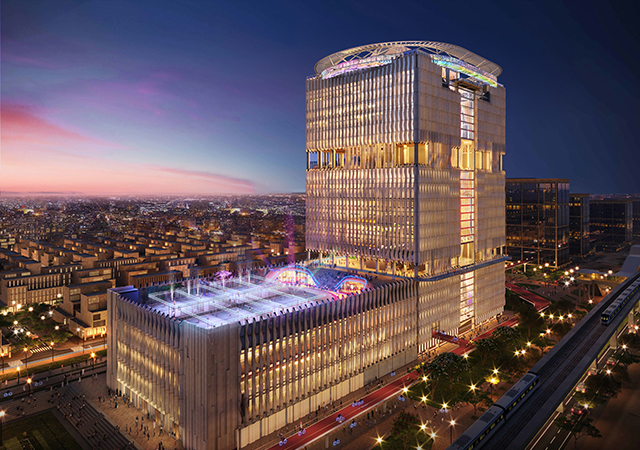
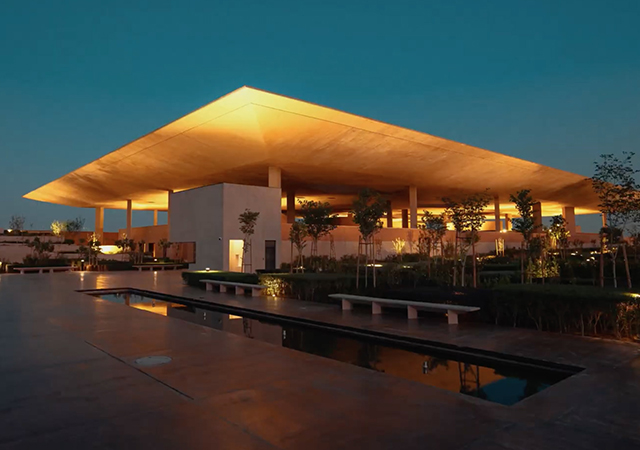
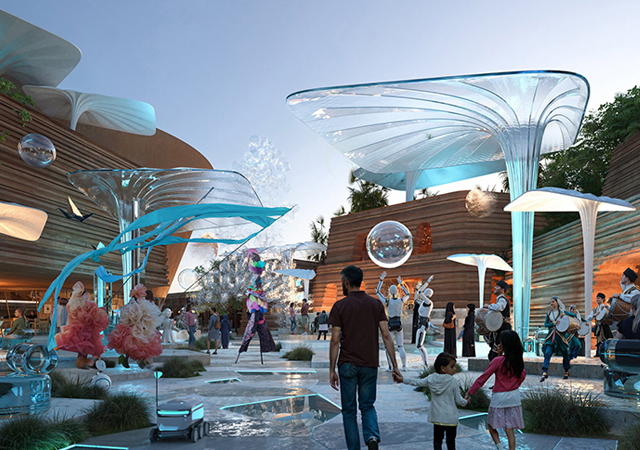
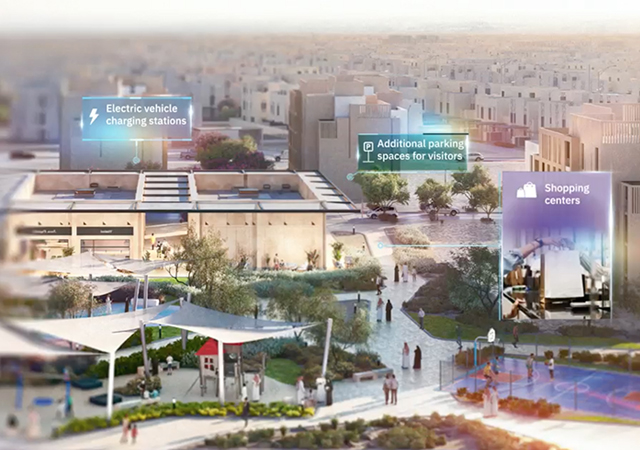
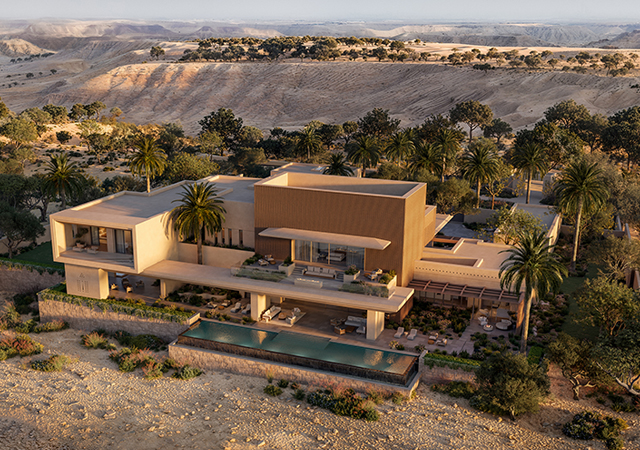
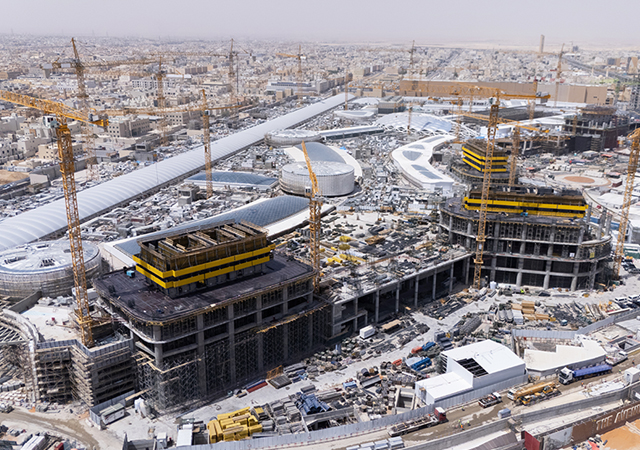
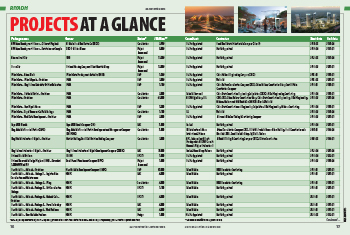
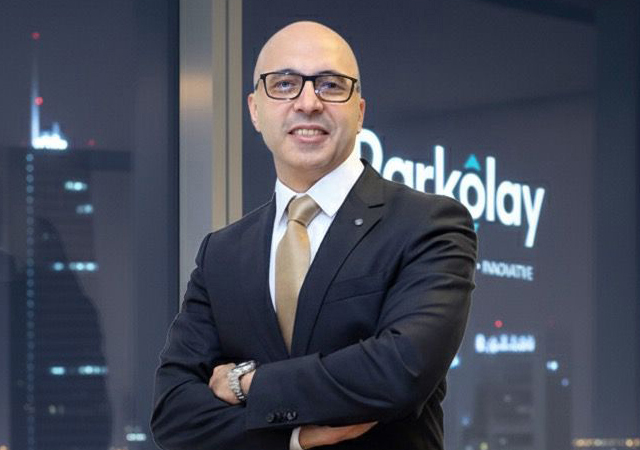
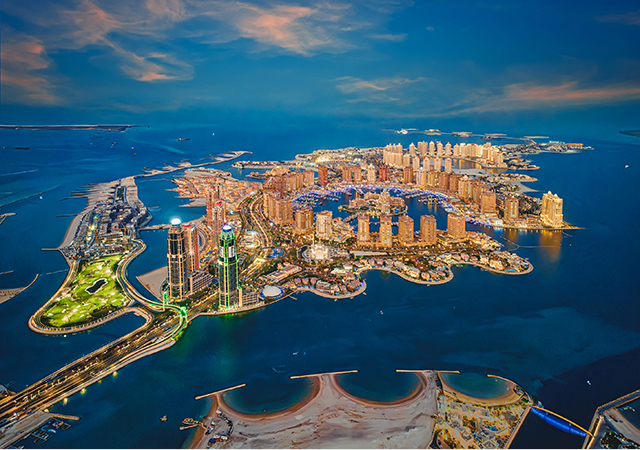
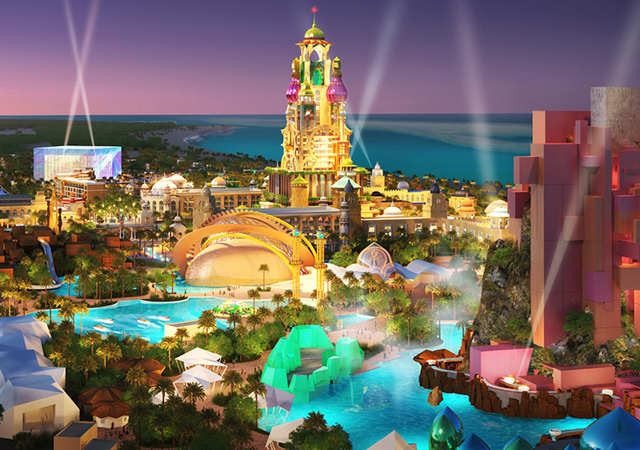
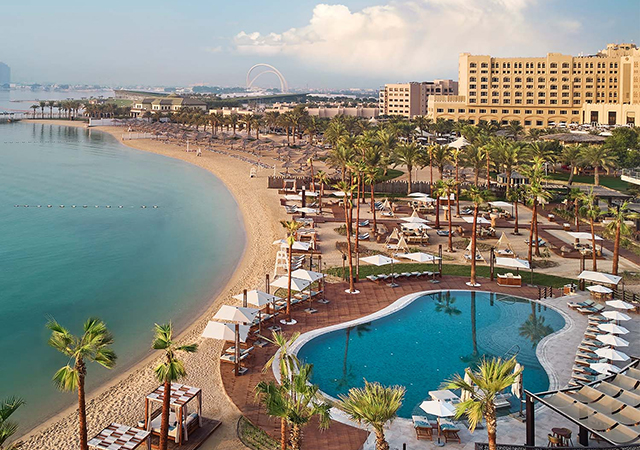
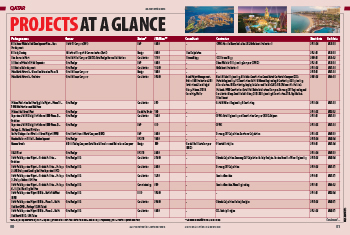
.jpg)
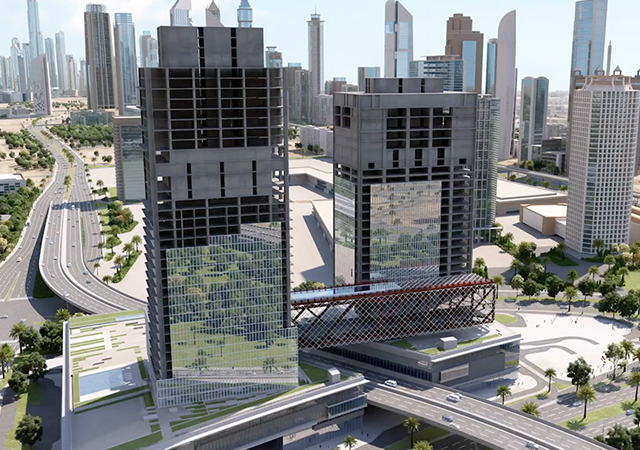
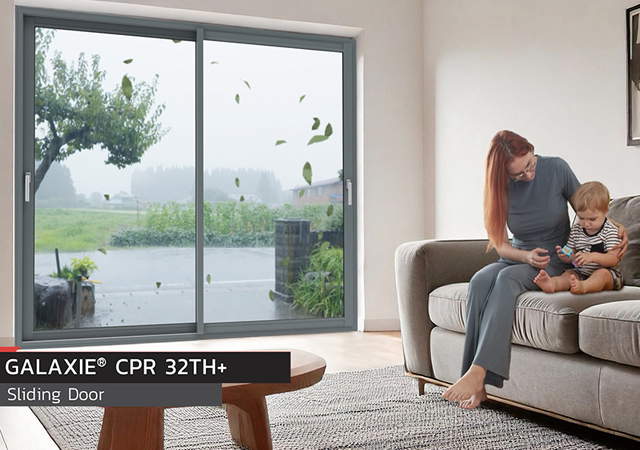
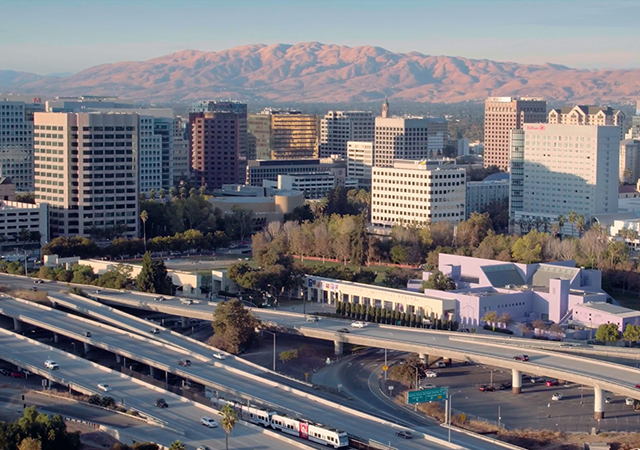
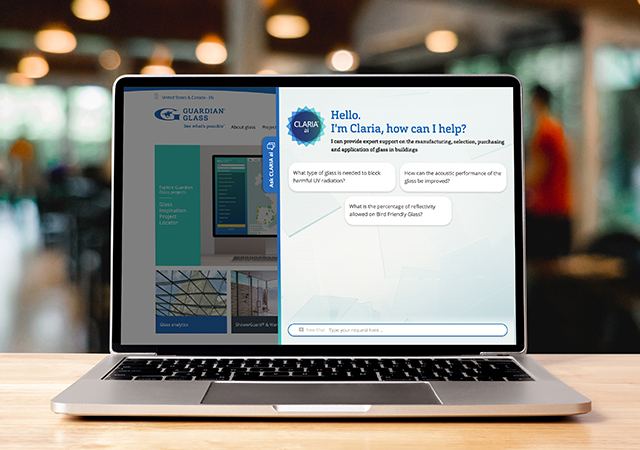

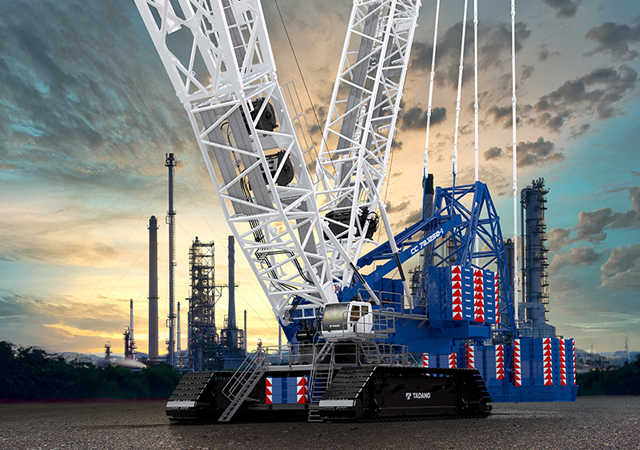
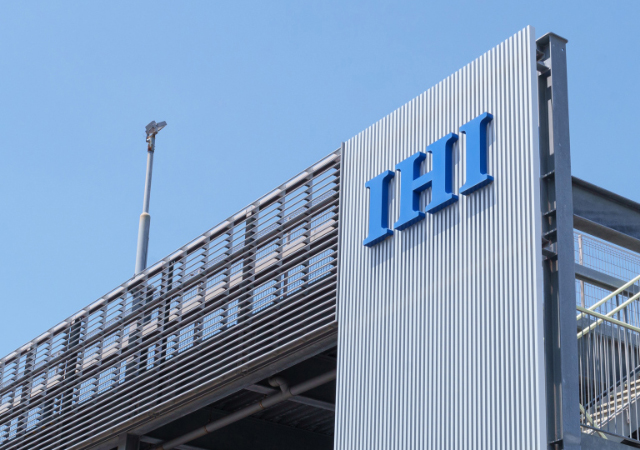
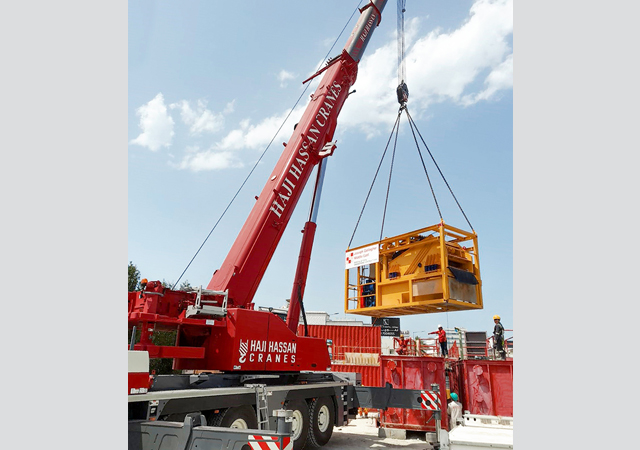
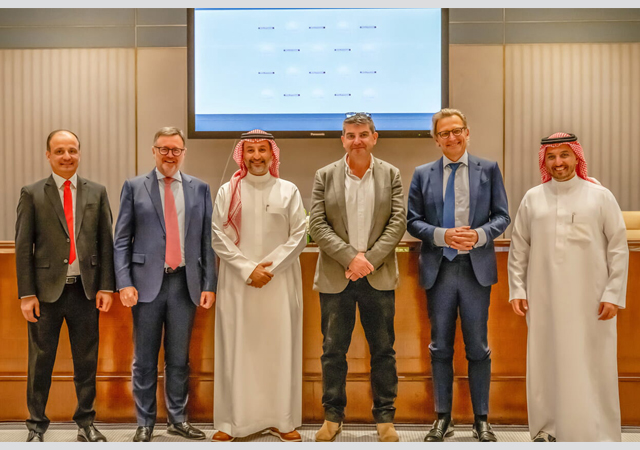
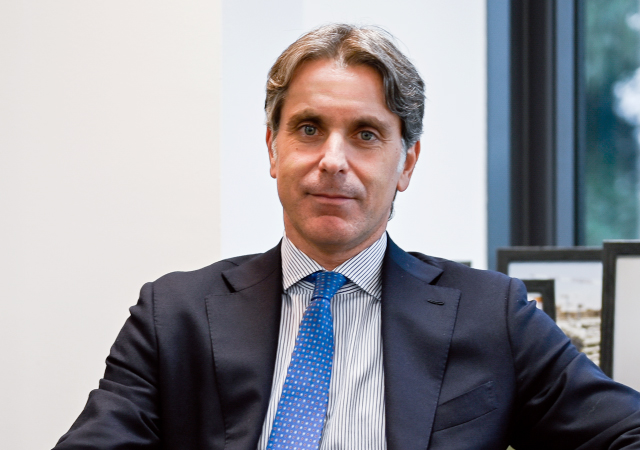
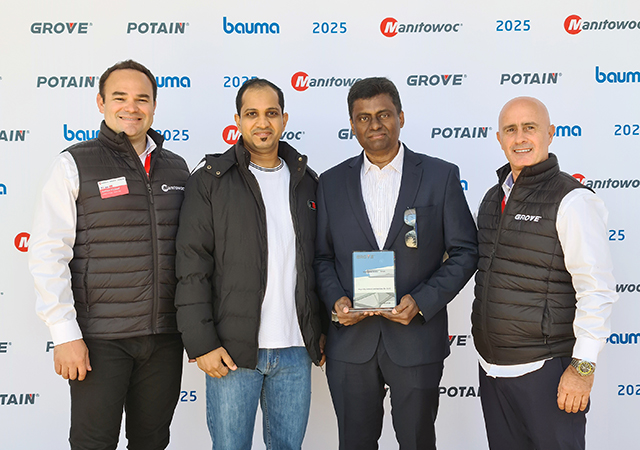
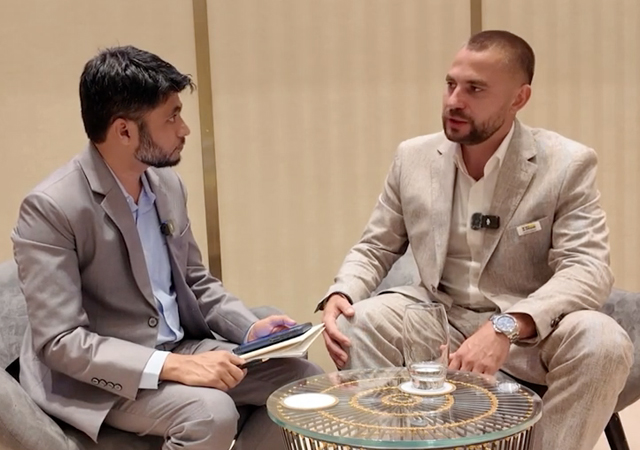
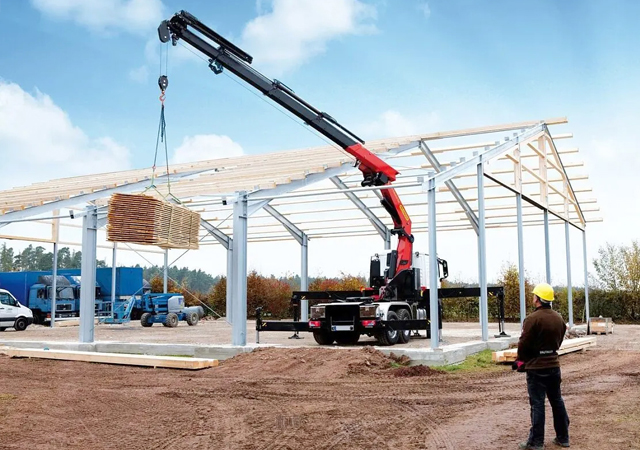
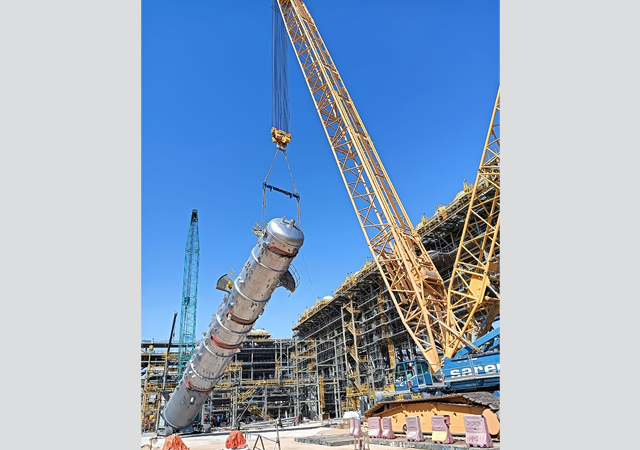
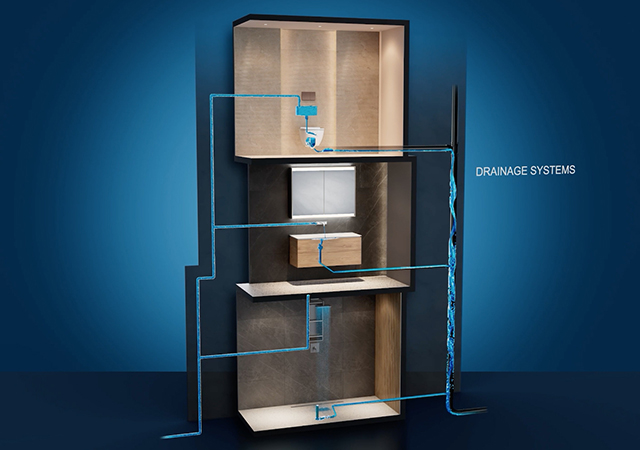
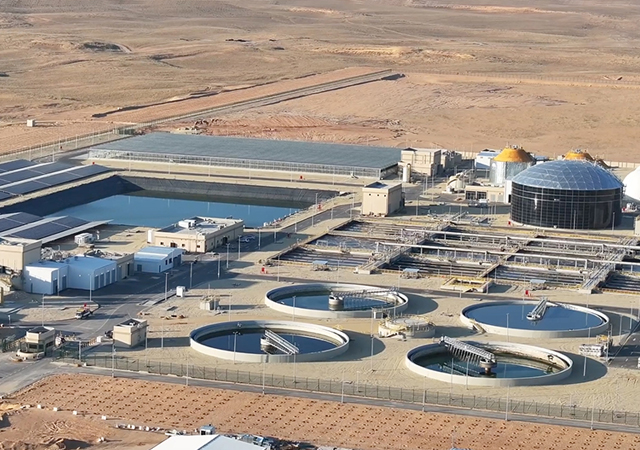

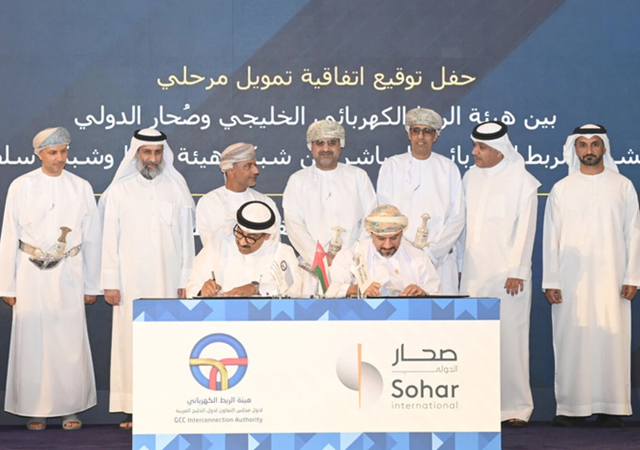
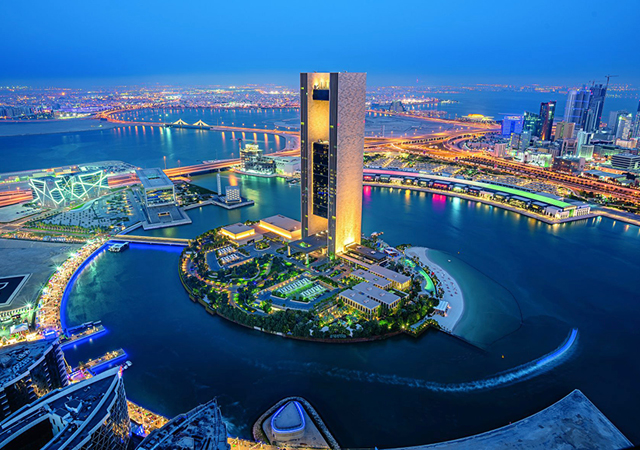
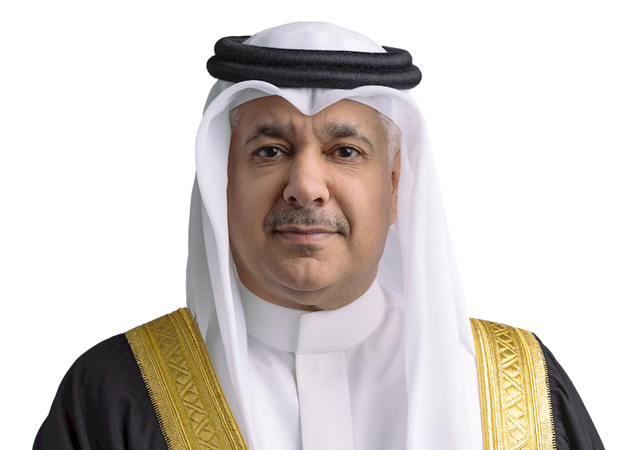
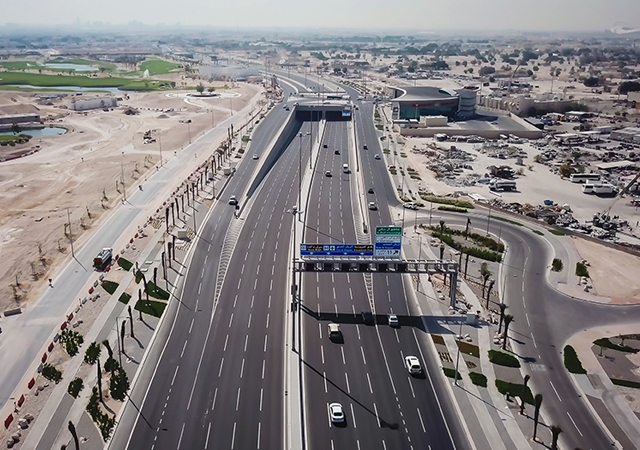
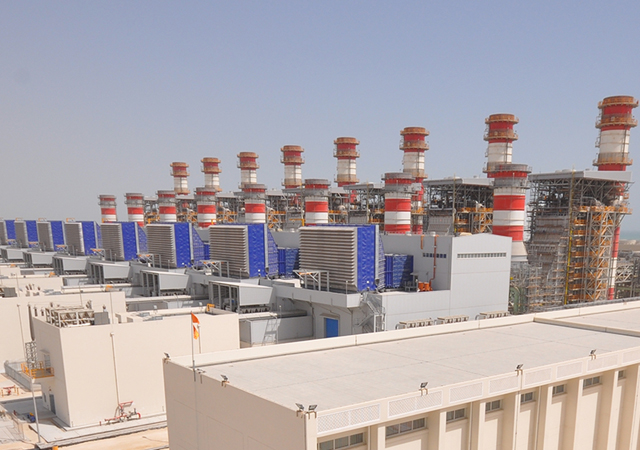
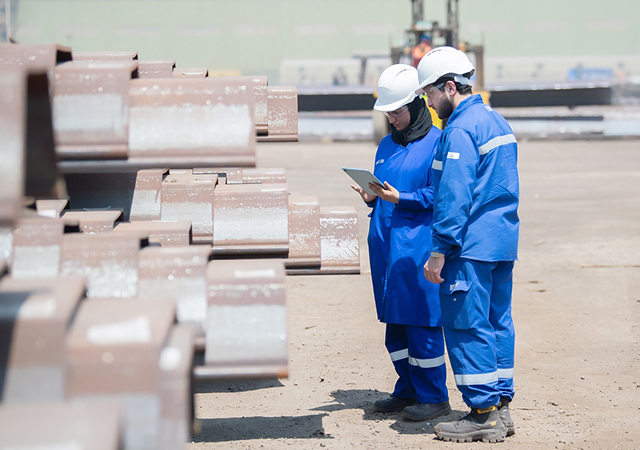
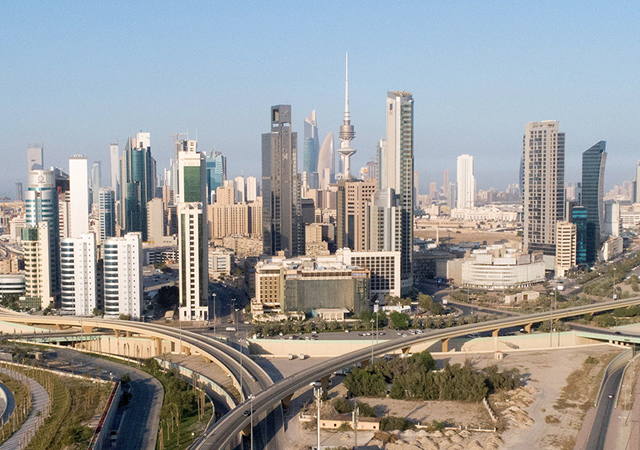
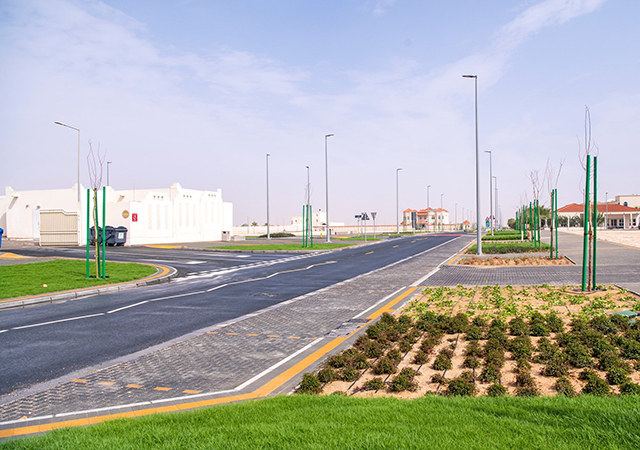
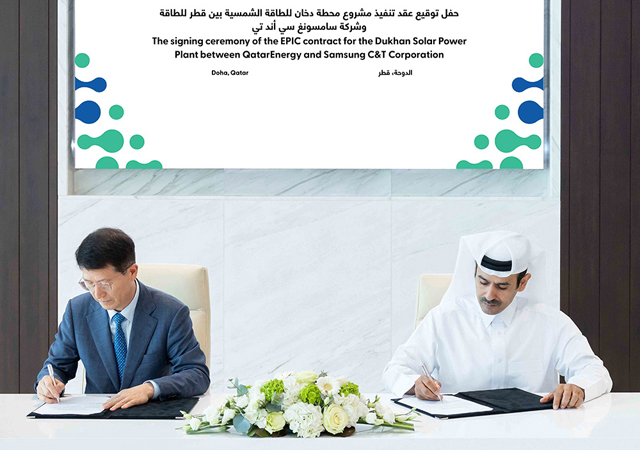
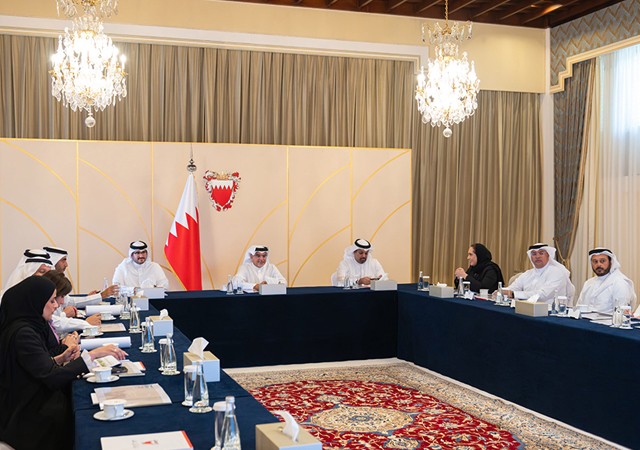
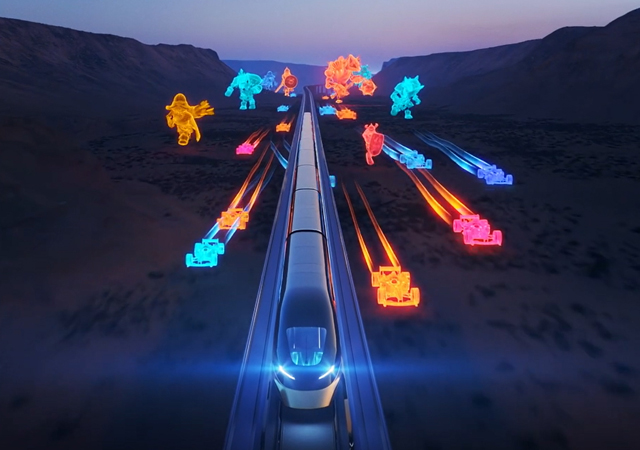
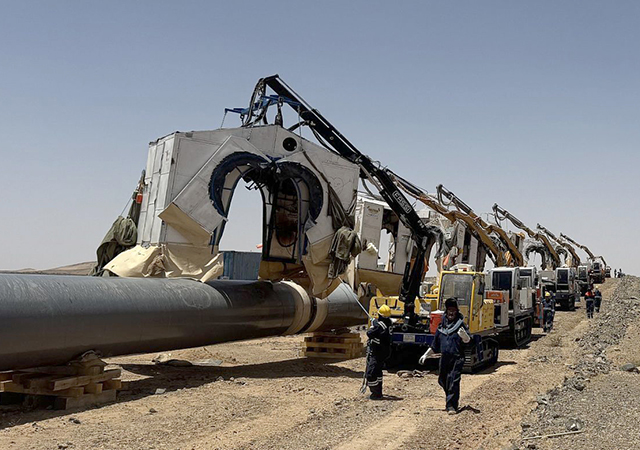
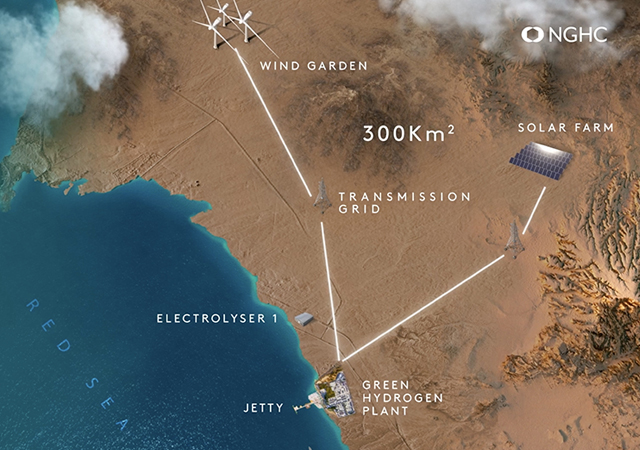
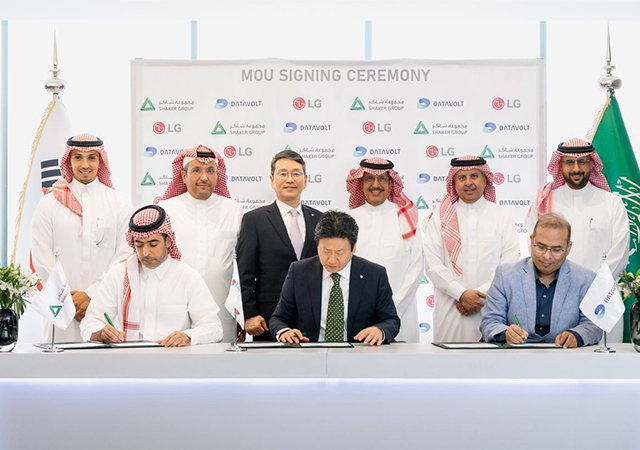
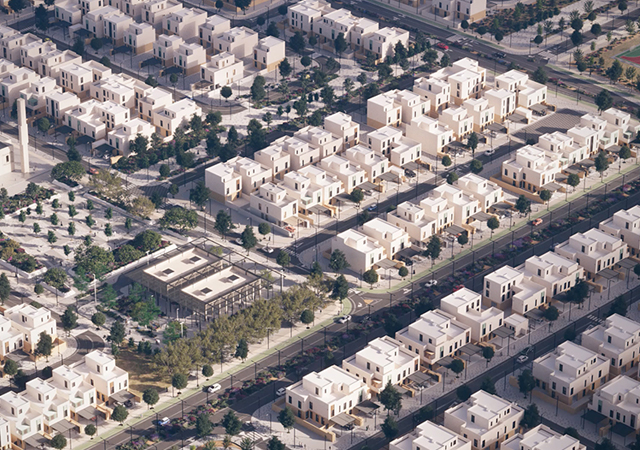
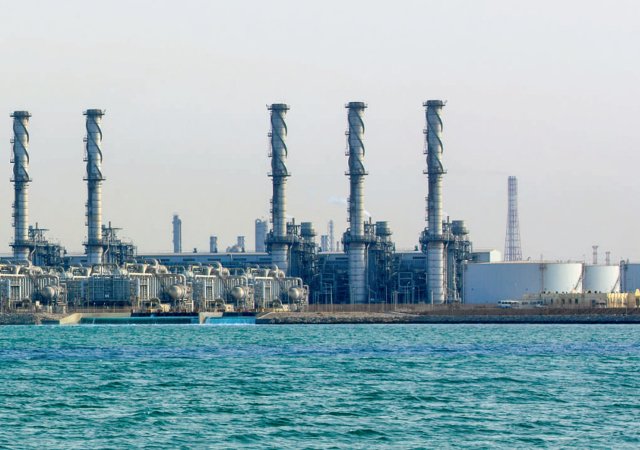
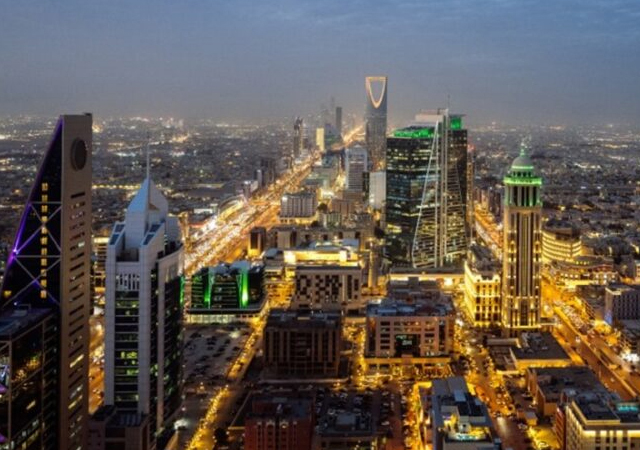
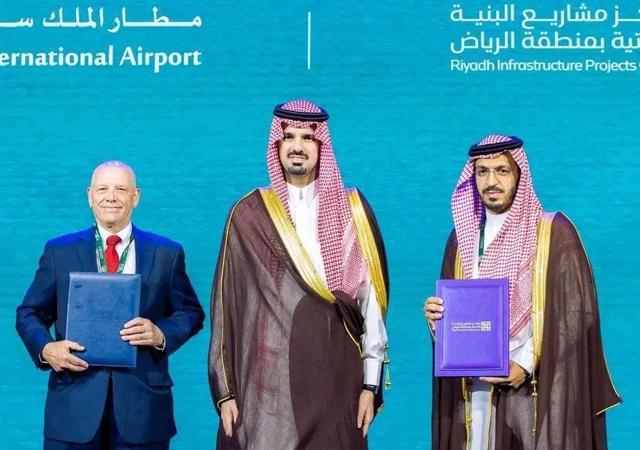
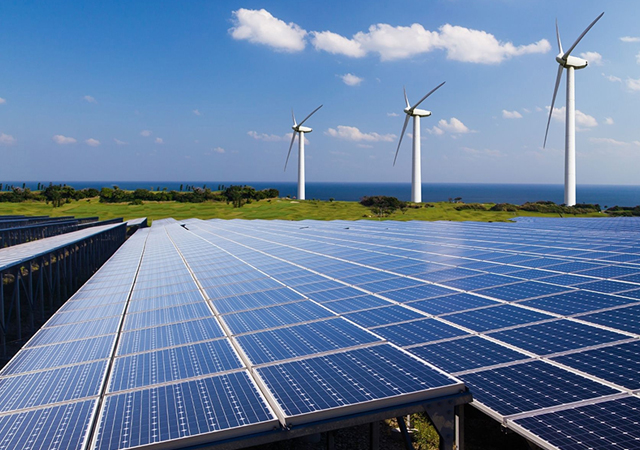
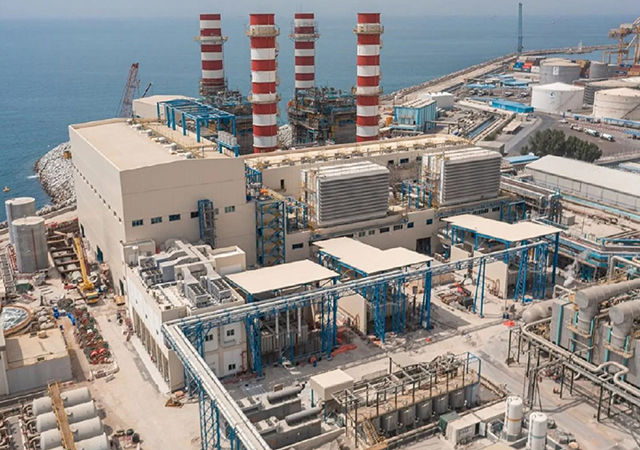
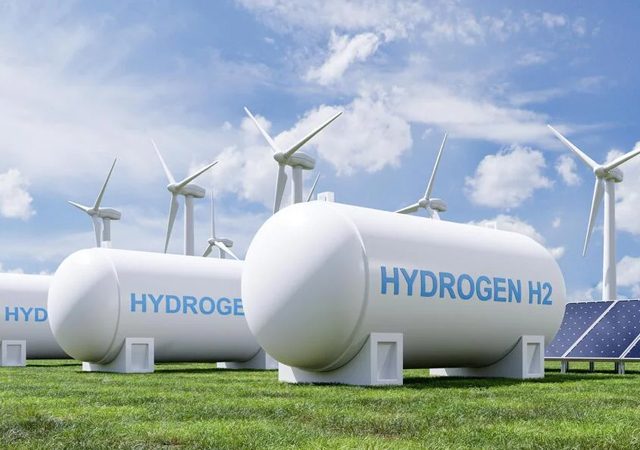

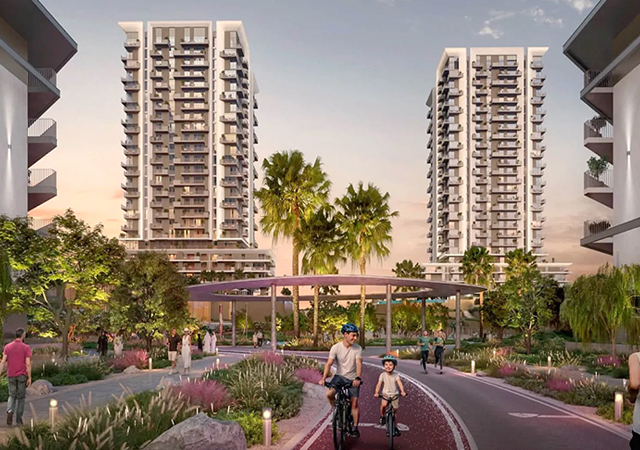
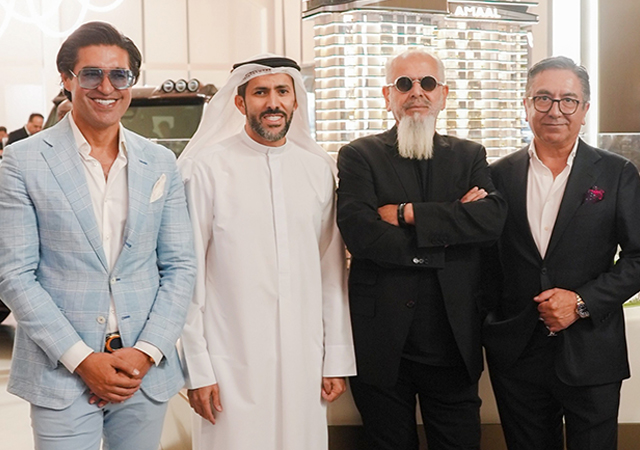
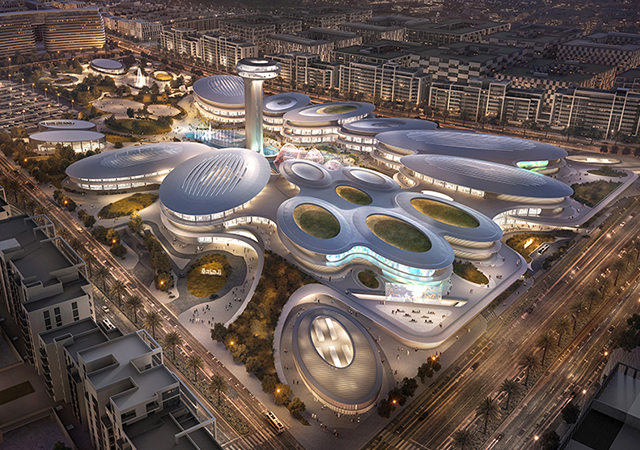
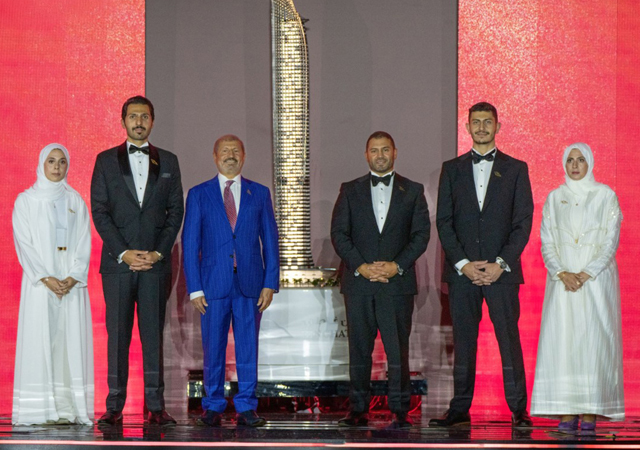
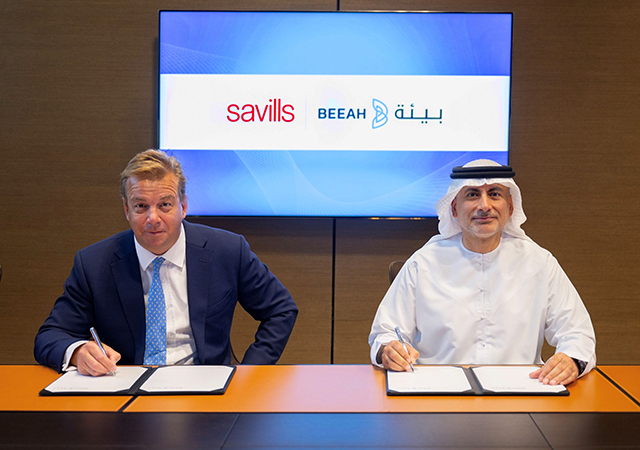
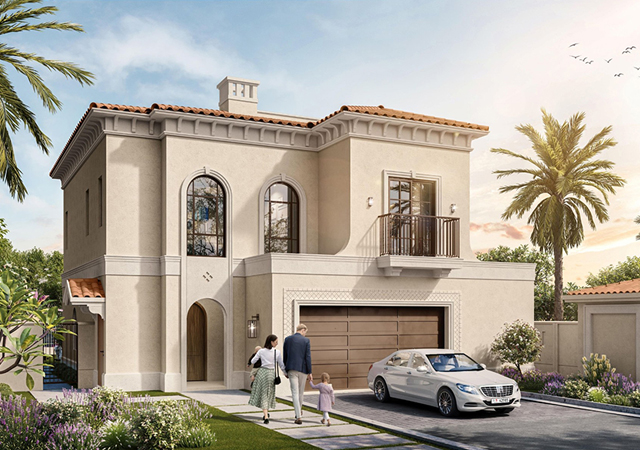
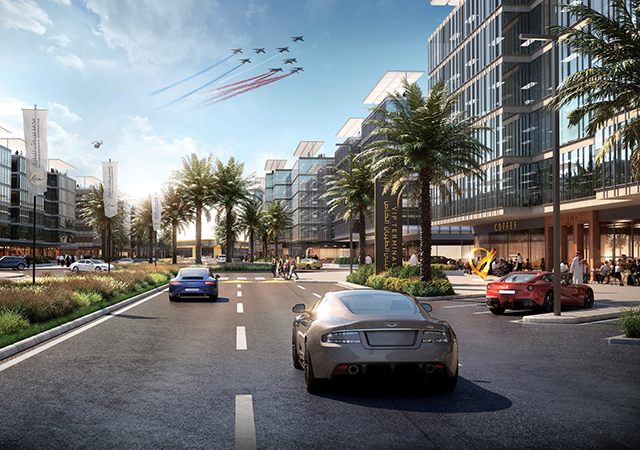
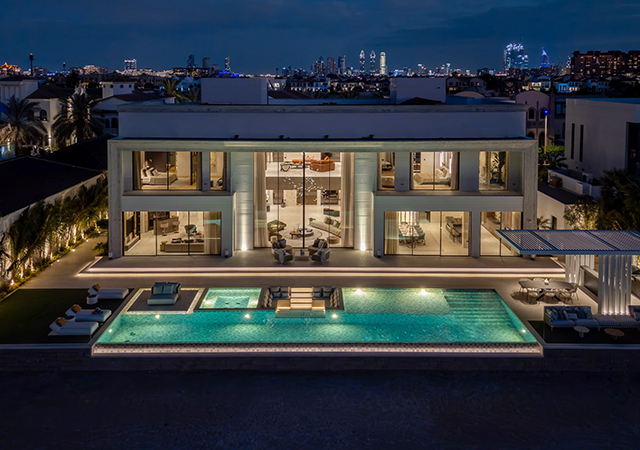
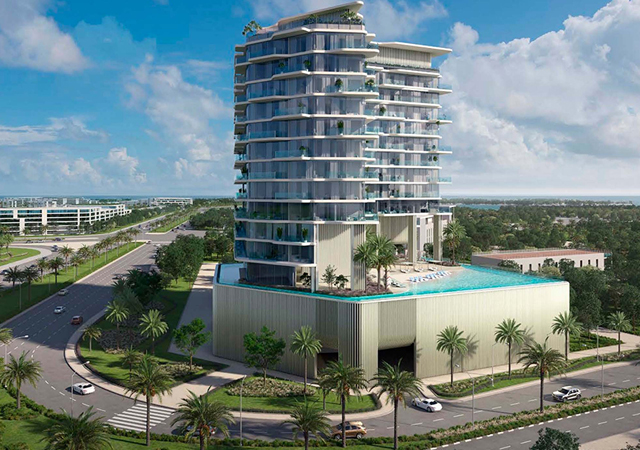
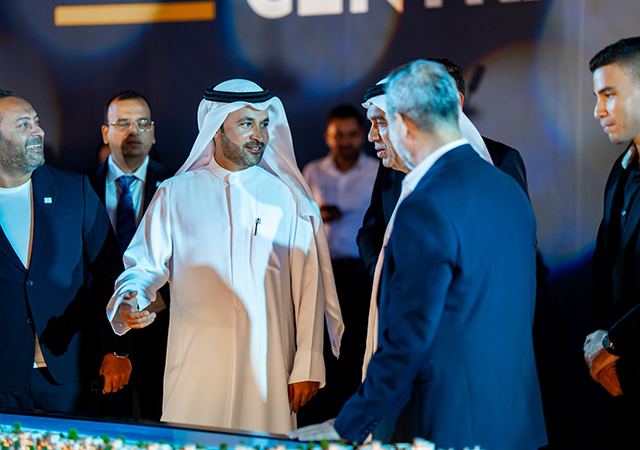
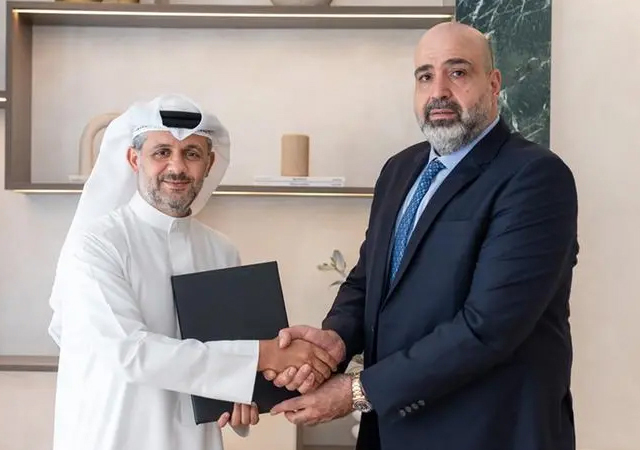
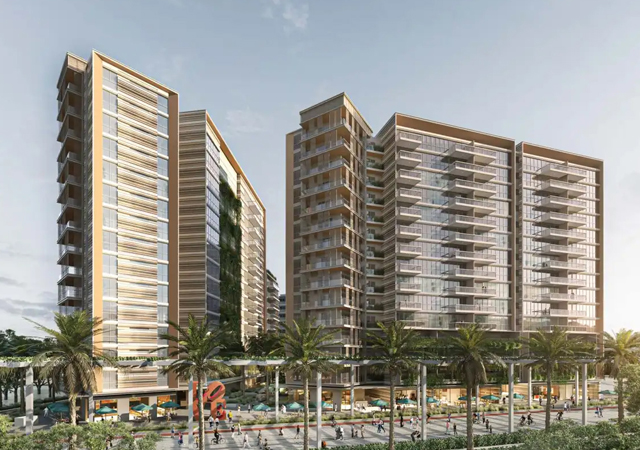
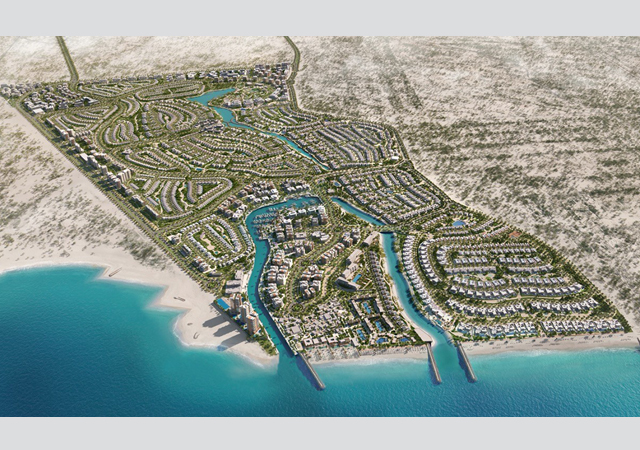
.jpg)
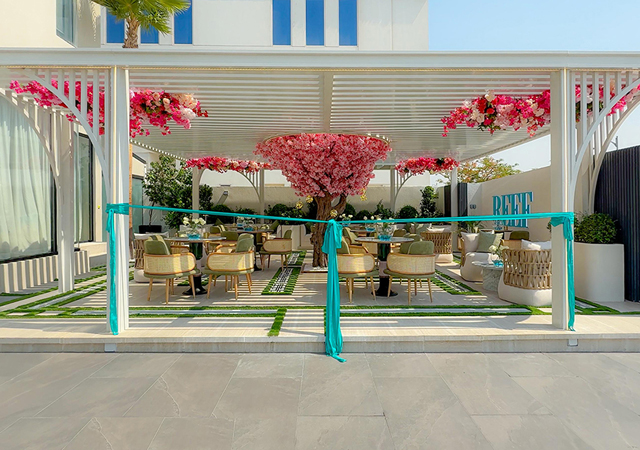
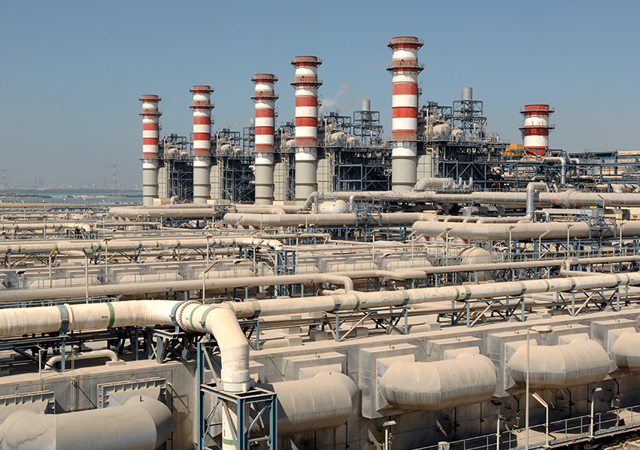
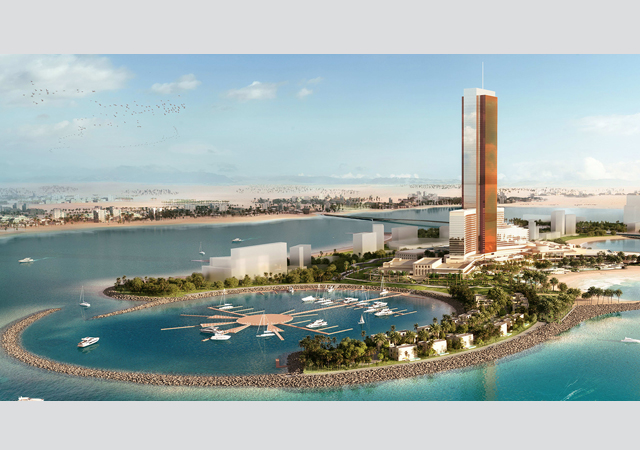
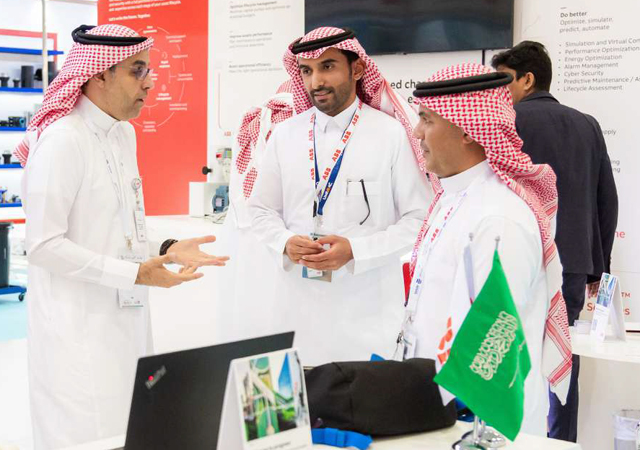
.jpg)
